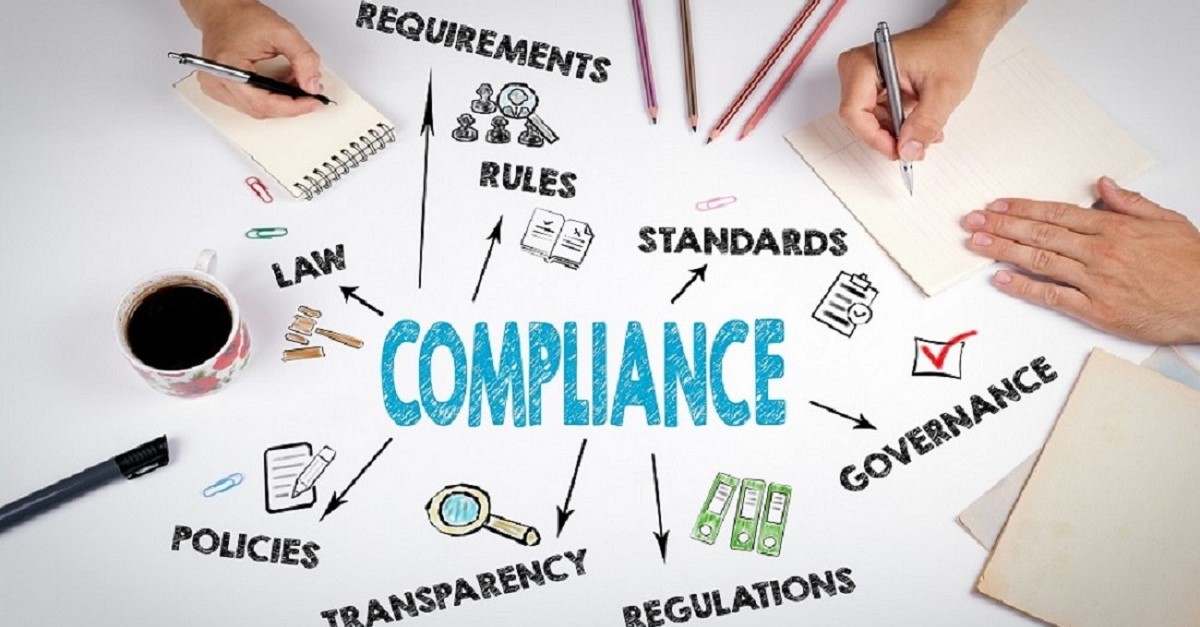Chama Tax Laws

Once you decide to start a chama, a fundamental decision needs to be made: how will you register your chama? In Kenya, two main legal frameworks exist: the Companies Act, 2015 and the Community Groups Registration Act, 2022. Chama taxation may involve income tax, VAT, withholding tax, and capital gains tax, depending on the group’s legal status and income. The way you choose to register your chama boils down to your group’s vision.
If you aim to run a profit-driven business venture, for example buy land and later resell at a profit, then the Companies Act provides you stronger legal protection and access to capital. However, if your focus is on collaborative saving, community development, and a more informal structure, the Community Groups Registration Act offers a simpler and more tax-friendly option.
There are several taxes applicable to chamas depending on the way it has been registered. The following are some your chama might be subject to:
- Income Tax:
Chamas may be subject to income tax on profits generated from their activities.
- Value Added Tax (VAT):
If a chama engages in activities that are subject to VAT, it may be required to register for VAT and collect and remit the tax.
- Withholding Tax:
Withholding tax may apply to certain payments made by chamas, such as interest payments or dividends. If your chama is run through a bank, some of them may be subject to withholding tax. In such cases, the bank may withhold certain amounts if required to do so by Kenyan or foreign tax authorities.
- Capital Gains Tax:
If a chama disposes of assets that have appreciated in value, it may be subject to capital gains tax.
Important to note is that if a chama is registered as a company, it will be subject to the same tax obligations as any other company, including income tax and VAT. As a company, you’ll likely pay corporate tax on your profits as well.
Consulting with a lawyer or relevant authorities is highly recommended to get the most up-to-date information and ensure you choose the right legal structure for your specific chama. The best choice ultimately depends on your chama’s goals and ambitions. On top of this, ensure your chama has an accredited finance person, or auditor, to look over your books objectively to ensure you are running on the right side of the law. Failure to do so, once KRA catches up with you, you may lose your assets and have all the chama accounts frozen until penalties and other taxes have been settled.





Comments